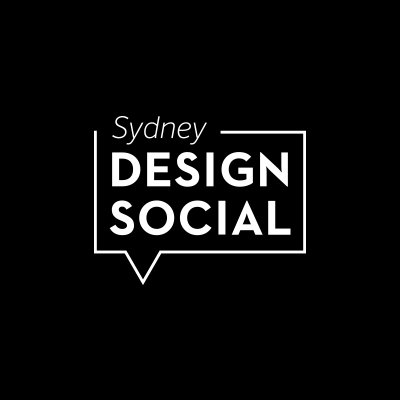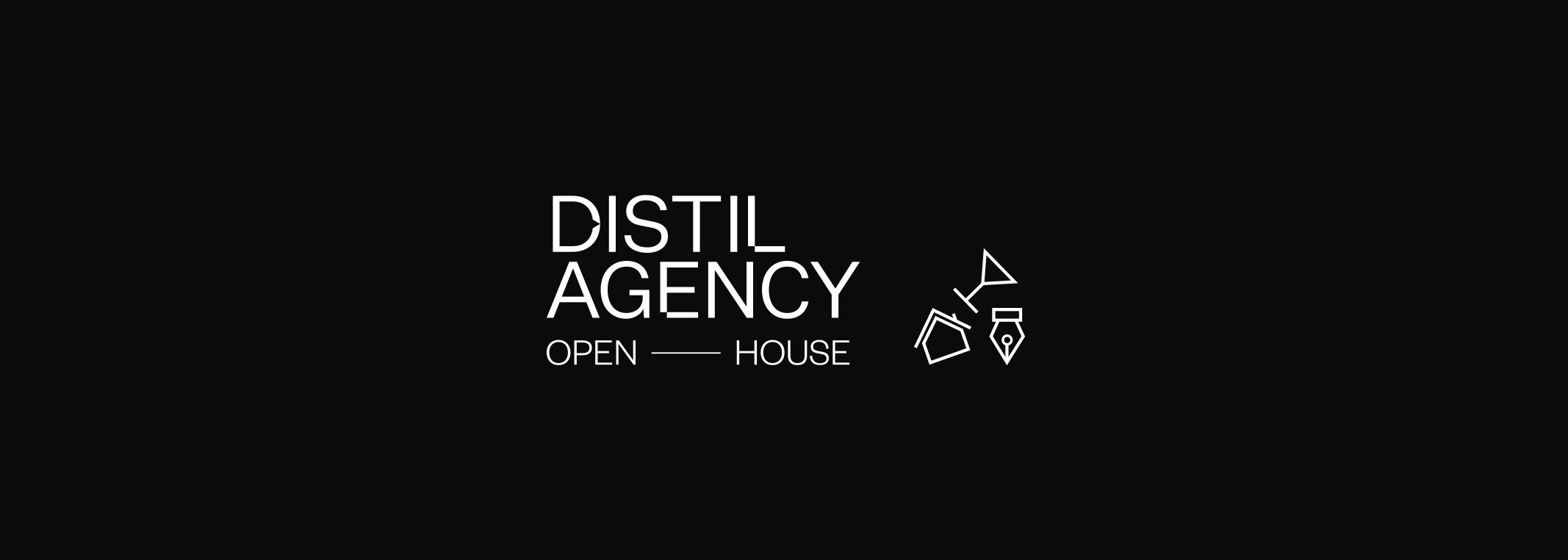Let’s break it down for you. In simple terms, digital marketing consists of the online channels used by a business or brand to generate more awareness, more clients, and more sales.Basically, it’s all about being known online for what it is you do. Then, converting that into customers and revenue.
Understanding how, what, where, and when… well, that’s the hard part.
-
How does my business create a successful digital marketing strategy?
-
What channels should / shouldn’t we be utilising
-
Where can we make the most impact online?
-
When should we post, run advertising, or email our subscriber list? Ummm… help!
The very first thing to add to your future strategy ‘to-do list’ is to do an audit on your current online marketing activities. Your online marketing tactics may not be fully developed as yet, but generally includes a mix between:
-
Search Engine Optimisation (SEO)
-
Content Marketing
-
Social Media Marketing
-
Pay-Per-Click (PPC)
-
Email Marketing
-
Online PR
Don’t worry, this article covers what SEO and PPC means, how you can use content marketing in your business, and the basics of social media marketing. Under each of these umbrella terms, ask yourself (or your marketing team, and/or a marketing professional):
-
Are we currently using this digital marketing channel to its full potential?
-
If yes, is it working effectively? If no, how can we integrate this into our current marketing strategy?
What does a Digital Marketing Strategy look like?
For brick-and-mortar businesses (venues, pubs, restaurants, cafes), a strong digital marketing strategy and presence can mean more feet through the door and more money in your back pocket.
Improving your online marketing is a no-brainer.
Owned
You can’t just rely on one channel or one stream of digital marketing; a balance between owned, earned and paid media will set you up for success. Let’s dive into why.For each online tactic, there are specific channels you can utilise to achieve your business and marketing goals. We refer to this in terms of the media trifecta, which will give you an idea of how and why your business needs an integrated digital marketing strategy.
Owned media is the content marketing you produce on channels you own: your website, your blog posts, your social media accounts.
Search Engine Optimisation (SEO)
SEO is an acronym you hear often in the digital marketing world. Confused? According to popular SEO blog Moz.com, search engine optimisation “is the practice of increasing the quantity and quality of traffic to your website through organic search results”. Still confused? Putting effort into your SEO will impact how, how often and where you ‘rank’ on Google search results.
Content Marketing
Before that light goes off in your customer’s head and they’re ready to buy from your business or walk through your venue doors, you’ve gotta make them
a) aware you exist,
b) convince them to consider you over your competitors, and
c) guide them towards their decision to invest their time and money in you.
How? Content marketing. From blog posts to video, podcasts, photo galleries, and everything in between, the content you produce forms an important part of the bigger picture and plays an important role in growing your website traffic, generating brand awareness, receiving booking inquiries, and moving fans or lurkers into customers.
Social Media Marketing
Like content marketing, your social channels and the content you produce are ‘owned’ by you, meaning its up to your business to put your best foot forward.The social media platforms you can use for digital marketing purposes include, but are not limited to:
-
Facebook
-
Instagram
-
Pinterest
-
LinkedIn
-
Twitter
-
Snapchat
-
Google+
Earned
Earned media is the online conversations started by someone else about your business or brand and posted outside of your owned media channels.
Online PR
This is how your business can really make waves online. Online public relations, like offline, is all about influencing the conversation around your business by relying on other, already established, audiences.- Press coverage (think: The Urban List, Timeout, News.com.au)
-
Blog posts on other websites (reviews or blogger content)
-
Social media reach / engagement (shares, retweets, comments, etc.)
Paid
Paid media is exactly that. The media or advertising your business pays for. In traditional marketing, that’s the TV ads, the billboards, the radio commercials. Online, it’s the Google Advertising (previously known as Google AdWords) and social media advertising (sponsored posts, Facebook campaigns, promoted tweets or pins, etc.)
Pay-Per-Click (PPC)
Pay-Per-Click or PPC is the most popular form of online paid media. Take advertising on Google for example: in addition to a good SEO strategy, you ‘bid’ on advertising space for when your potential customer searches a keyword relevant to your business on Google. ie. ‘good restaurants in Sydney, best bars in Melbourne, cocktail bar Sydney’. You pay based on how many ‘clicks’ you get, as you’ll be (per your ‘bid’) at the very top of a Google search.
In addition to search engine advertising, paid media also extends to your social media channels and can serve many purposes. You can run a Facebook or Instagram campaign for more likes, more followers or fans, brand awareness, sales, event registrations, and so much more.
What are the Benefits of Digital Marketing?
Unlike placing a billboard on a busy highway or handing out flyers outside your venue, digital marketing makes it a whole lot easier to track where and how your audience are finding you. Online marketing allows you to track ROI and repeat any successful (or not successful) digital tactics to grow your business.
Google Analytics
The beauty of installing Google Analytics on your website is that everything is trackable. You can know where in the world your visitors are from, how long they’re staying on a page and what page(s), what website or search term led them to your website, etc.
Lead Generation
Another benefit of digital marketing, unlike offline, is that you can know who is interested in your venue or business from the get-go. Growing an email list of engaged subscribers means that you have direct contact to an audience that is interested in what you have on offer.
What types of Digital Marketing can help a business stand out from the crowd?
Invest in the visuals. Before you even begin your integrated online marketing strategy, make sure your brand is recognisable and the visual content (venue photography, food photography, graphics, logo design) is consistent.By crafting a memorable brand, you’re making it easier to create the content over and over again that succeeds online. Research has found that video marketing leads to greater time spent on your website and an increase in conversion by 9%.
My budget isn’t huge. Can a business still thrive online?
Absolutely. With digital marketing, it is more important than not to use an integrated strategy (a mix between owned, paid and earned media). Start with your owned media and create the content that your audience is already searching for.To sum up what ‘going online’ can do for you business: think of marketing to digital audiences as a greater, more targeted reach than if you spend most of your time handing out flyers on a street corner. Instead, you can save some paper and hit your potential customer with the awareness and content they need to visit your venue soon.






